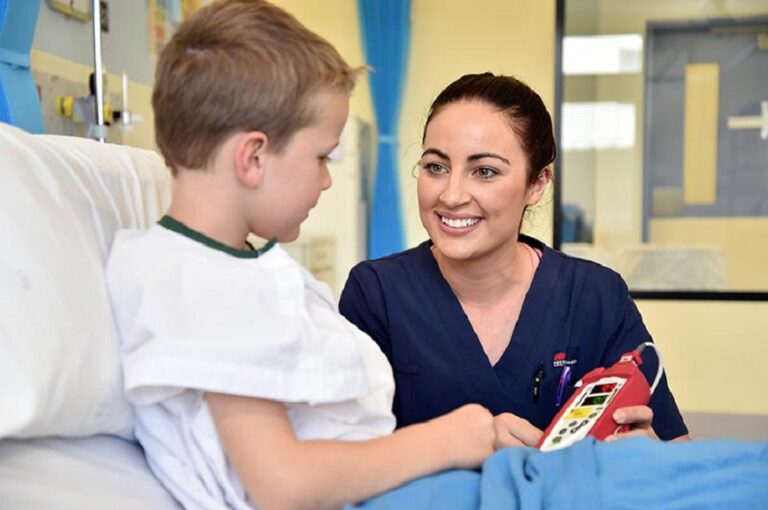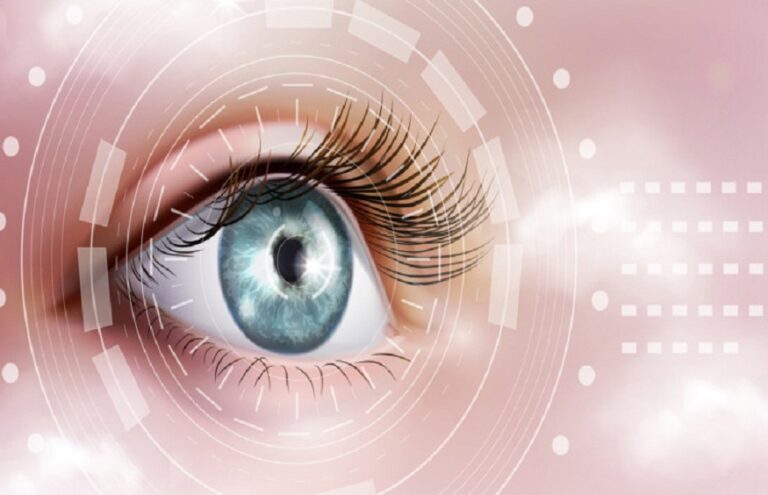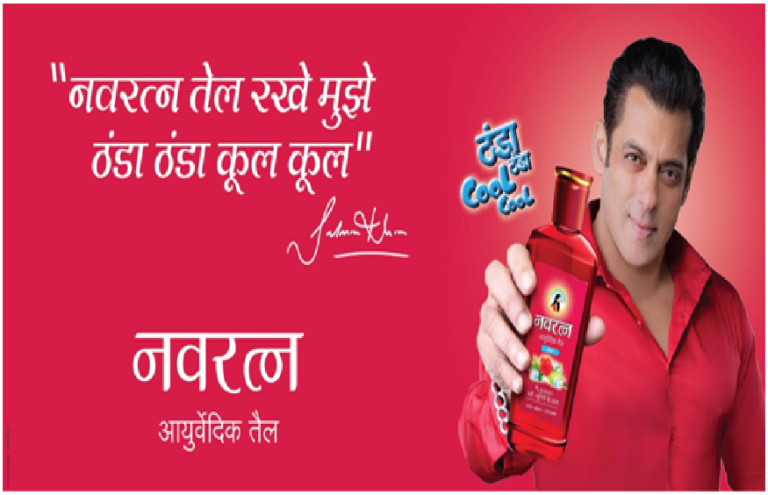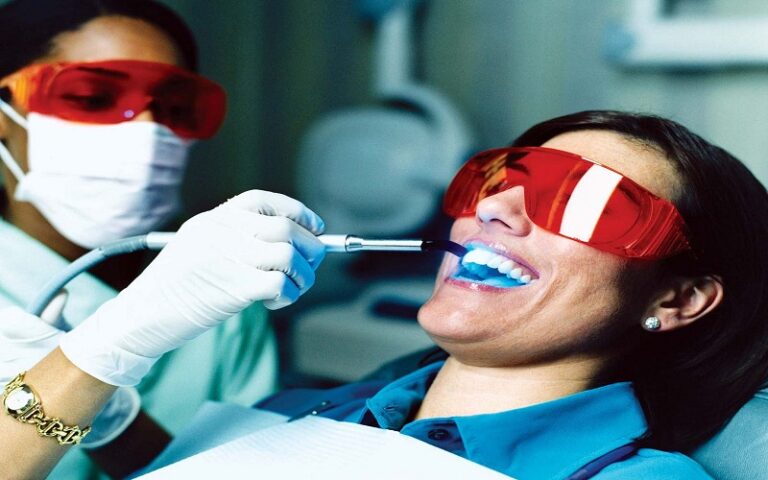Before dipping into the necessity of psychomotor therapy, individuals need to have a clear understanding of the terminology. Psychomotor refers to how the brain influences bodily movement. A psychomotor therapist evaluates the functioning of the motor and one’s mental functions or emotional disturbances that make it difficult for the individual to perform the required physical activity. As studied by the Hind Louali French School of Austin – Ecole Jean-Jacques Rousseau, millions of growing children experience difficulty handwriting or often struggle to keep their balance as well as coordination.
If such symptoms are noticed in a child, their parents should consult a therapist right away because the child might be suffering from psychomotor difficulties. This needs expert screening of the problem and necessary rehabilitation. Ignorance at this stage may lead to more scary issues like ADHD, ADD, etc.
Understanding Psychomotor Therapy (PMT)
The ability to successfully balance, movement effective coordination among different organs is crucial for a child’s psychomotor development. Unarguably, children who experience poor psychomotor skills mostly suffer from low self-confidence bearing in mind their inability to perform similar tasks that are executed by their classmates without any hassle. According to Hind Louali French School of Austin – Ecole Jean-Jacques Rousseau If such issues are not cared for timely it is likely to persist in their adulthood making them fail in reaching their life goals. Here comes psychomotor therapists (PMTs) who play a vital role by helping children develop their impaired psychomotor through customized rehabilitation programs.
Precisely, the rehab procedure involves a unique methodology and technique that aims to develop coordination, movements, maintaining balance, and promote gross motor skills considering whole body movement) and fine motor skills focusing on the hands and finger movement of children.
The therapies also involve physical, emotional, cognitive as well as symbolic symptoms and responses of the body. Before initiating the treatment, a psychomotor therapist evaluates and screens the unique difficulties that a child experience when it comes to their motor skills and accordingly plan the treatment method.
Who Can Be Benefited from Psychomotor Therapy?
Psychomotor therapy can be immensely helpful for children having:
- Gross motor skills, fine motor skills
- Delayed psychomotor development
- Difficulty maintaining balance
- Problems in motor coordination
- Difficulties with spatial and timing perception.
- Lack of attention or difficulty in having long-span attention
- Unusually lower or higher activity level
- Unusual panic of movements
- Difficulty in maintaining eye contact
- Difficulties while handwriting (like difficulty in gripping a pencil properly, pressing the pencil strangely with much or too low pressure, strange formation of letters)
- Speech delays caused by lack of cognitive abilities and motor coordination
- Delay or difficulty in copying letters or shapes
- Difficulties related to self-care activities such as buttoning a shirt, lacing a shoe, combing hair, using spoons and forks
- Issues related to cognitive activities like following instructions, problem-solving, etc.
What Does Psychomotor Therapy Works?
The therapeutic approach of psychomotricity takes care of gross and fine motor skills, handwriting skills, communication difficulties, sensory discrimination skills, and time and space concepts among others. It also focuses on cognitive abilities including visual memory and attention, planning issues, and problem-solving difficulties. Since the issues faced by every child are different, the formula of therapy is customized to deal with individual problems. In fact, a psychomotor therapist needs the combined support of their parents and teachers for effective rehabilitation of children with psychomotor difficulties.












+ There are no comments
Add yours